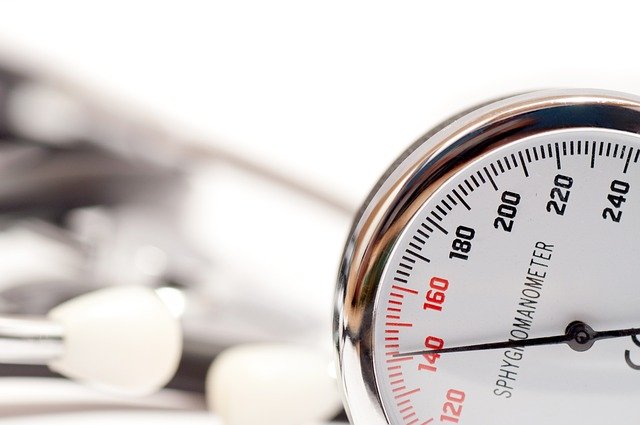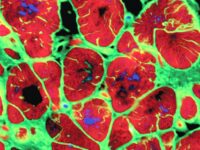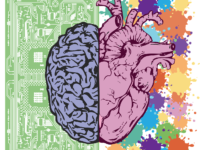Imagine yourself years into the future — your joints are aching, you’ve been prescribed blood pressure medication, and you can barely remember how to perform everyday tasks like reading, cooking, and cleaning. According to the World Health Organization, this is the reality for 50 million people worldwide living with dementia, along with an estimated 150 million by the year 2050.
In addition, medication to reduce high blood pressure also contributes to dementia if it lowers both diastolic, systolic blood pressure.
A 2014 study published in BMC Psychiatry discovered that the most common comorbidity with dementia is high blood pressure, but found no other association between the two. However, Sweeney et al found in 2018 that high blood pressure breaks down the blood-brain barrier, which exacerbates dementia, and when this barrier breaks down, neurotoxic products and pathogens can enter the brain and initiate inflammation, which leads to the degeneration of brain cells. In addition, medication to reduce high blood pressure also contributes to dementia if it lowers both diastolic, systolic blood pressure. Systolic pressure, the top number in a blood pressure reading — measured when the heart beats, naturally rises with age. Diastolic pressure, or the bottom number — measured when the heart relaxes, stays relatively consistent with age. Since systolic pressure rises while diastolic pressure stagnates, taking blood pressure medication could lower diastolic pressure below the recommended measurement. When this happens blood flow to the brain is reduced, thereby worsening dementia symptoms. Because of this phenomenon, scientists developing new high blood pressure treatments should consider engineering therapies that reduce only systolic pressure or target blood pressure in the brain rather than the entire body. A 2020 article published in Frontiers in Neuroscience suggests that therapies that reduce high blood pressure could treat dementia too — and thus solve two problems at once.
A 2020 article published in Frontiers in Neuroscience suggests that therapies that reduce high blood pressure could treat dementia too — and thus solve two problems at once.
Current clinical trials of dementia treatments have thus far been unsuccessful, but none have targeted blood pressure. Most target amyloid beta proteins, which create plaque in the brain, or inflammatory stress molecules. However, none of these trials have been successful in improving brain function because it’s difficult to pass anti-amyloid beta and anti-inflammatory drugs through the blood-brain barrier. The other issue is that high blood pressure still induces the release of amyloid beta and inflammatory molecules. As such, reducing blood pressure may be the best option for treating dementia. While no treatment currently exists to safely reduce blood pressure for people with dementia, perhaps the next few months will be the time when research moves in that direction.
Image Source: Pixabay






